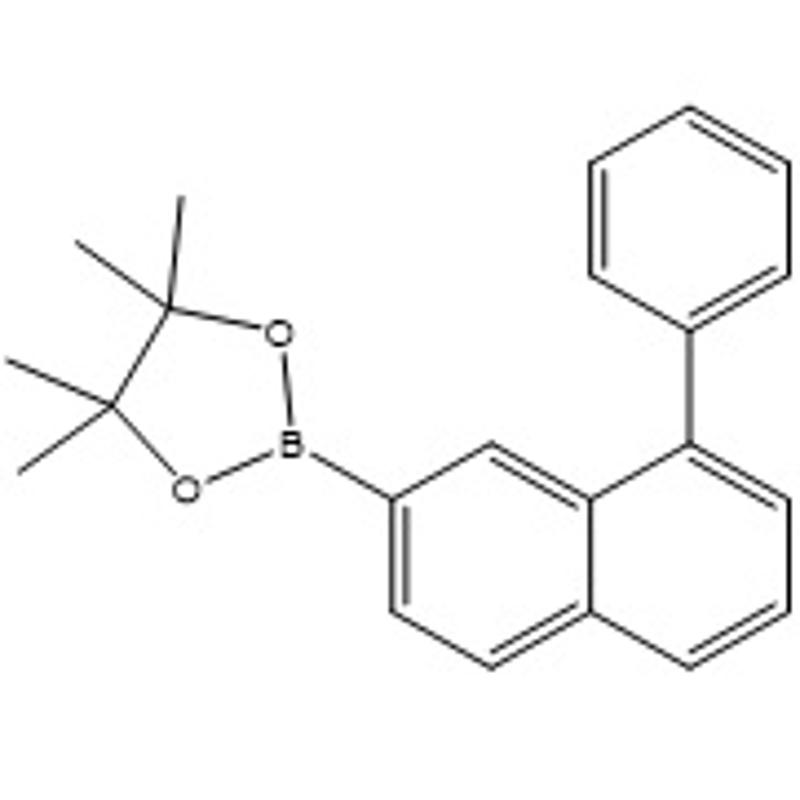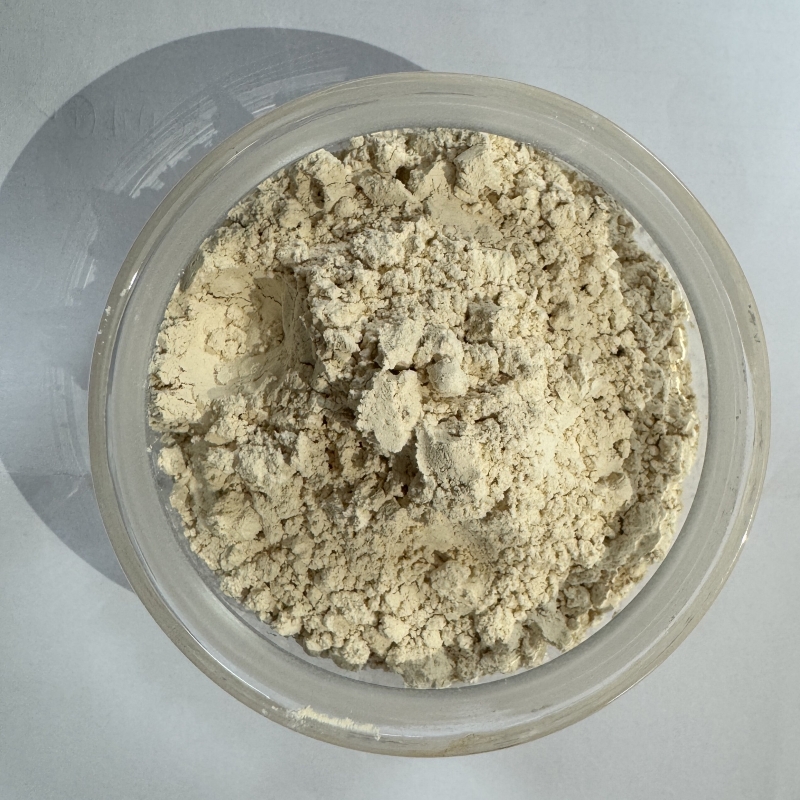-
Categories
-
Pharmaceutical Intermediates
-
Active Pharmaceutical Ingredients
-
Food Additives
- Industrial Coatings
- Agrochemicals
- Dyes and Pigments
- Surfactant
- Flavors and Fragrances
- Chemical Reagents
- Catalyst and Auxiliary
- Natural Products
- Inorganic Chemistry
-
Organic Chemistry
-
Biochemical Engineering
- Analytical Chemistry
-
Cosmetic Ingredient
- Water Treatment Chemical
-
Pharmaceutical Intermediates
Promotion
ECHEMI Mall
Wholesale
Weekly Price
Exhibition
News
-
Trade Service
Event: On February 25, BeiGene and Junshi Biosciences disclosed their 2021 performance report
.
BeiGene's operating income in 2021 was 7.
589 billion yuan, a year-on-year increase of 257.
9%; the net loss was 9.
748 billion yuan, and the loss in the same period last year was 11.
384 billion yuan
.
Junshi Bio's operating income in 2021 is 4.
014 billion yuan, a year-on-year increase of 151.
71%; a net loss of 739 million yuan, compared with a loss of 1.
669 billion yuan in the same period last year
.
Figure 1: BeiGene's core financial data and indicators in 2021 (unit: thousand yuan) Data source: company announcement In 2021, BeiGene's operating income will increase by 257.
9% compared with the same period of the previous year, mainly due to the company's self-developed products and authorized products.
Sales increased, as well as new technology licensing and R&D service revenue
.
Product revenue in 2021 is 4.
090 billion yuan, compared with 2.
120 billion yuan in the same period last year, mainly due to the increase in sales of self-developed products and authorized products
.
The cooperation revenue was 3.
499 billion yuan, mainly from the $650 million cooperation advance payment with Novartis for the PD-1 antibody drug Bai Zean in the first quarter of 2021 and the TIGIT inhibitor ociperlimab in the fourth quarter of 2021.
Partial revenue recognition for the $300 million partnership advance
.
Figure 2: Junshi Bio’s core financial data and indicators in 2021 (unit: 10,000 yuan) Data source: Company announcement Junshi Bio’s operating income will increase significantly in 2021, mainly due to the substantial increase in technology licensing income and new franchise income.
And sales revenue from the commercialization of Toripalimab injection in the domestic market
.
Among them, the technology licensing income and franchise income mainly come from: all milestones agreed upon with Eli Lilly on the overseas licensing of atellimumab (JS016/LY-CoV016); signed an agreement with Coherus BioSciences to Significant growth in technology licensing revenue from in-depth cooperation with Canada in the field of tumor immunity
.
In terms of PD-1 mAb products, BeiGene announced that the sales of tislelizumab in China in 2021 totaled 1.
647 billion yuan, an increase of 47.
32% over the previous year; Junshi Biotech did not directly announce toripril Monoclonal antibody sales data in 2021
.
Combining the previous situation of Innovent Bio’s sintilimab and Hengrui Medicine’s camrelizumab, we can roughly understand the sales trend of the four domestic PD-1 mAb giants: tislelizumab has the highest year-on-year growth rate in 2021.
Fast, followed by sintilimab, camrelizumab’s revenue in the first half of the year had a negative month-on-month growth, and the full-year situation has not yet been announced
.
Figure 3: The sales volume of the four domestic PD-1 giants in 2021 (unit: 100 million yuan) Data source: Zhongkang Industrial Capital Research Center currently has 6 domestic PD-1 mAbs and 2 imported PD-1 mAbs listed in China.
Among them, the earliest approved 4 domestic products have all been included in the medical insurance, and the unit price is greatly discounted
.
In the first half of 2021 alone, CDE has accepted 276 PD-1 mAbs, 42 companies have applied for it, and the largest company has applied for 59 acceptance numbers, wasting a lot of approval resources and clinical research resources
.
In July-February 2021, CDE released the "Guidelines for Clinical Research and Development of Anti-tumor Drugs Oriented to Clinical Value (Draft for Comment)", pointing out that clinical research and development such as PD-1 is overheated
.
In addition to the PD-1 monoclonal antibody tislelizumab, BeiGene's product portfolio also includes the BTK inhibitor zanubrutinib, the PARP inhibitor pamiparib capsules, and the rapidly advancing TIGIT inhibitor ociperlimab.
In the future, it will contribute more operating income to the company in the form of a combination
.
For Junshi Bio, in the first three quarters of 2021, the new crown neutralizing antibody contributed most of the sales revenue and has become the company's core revenue-generating product
.
In the face of the deterioration of the competitive environment, the traditional giants of domestic PD-1 mAbs have started multi-line layout and risk transfer, and different revenue-generating logic will support the company to enter a new stage of development
.
PD-1 monoclonal antibody has serious involution, and going overseas has become an important strategy for many domestic innovative drug companies to actively deploy
.
On February 11, the NDA application for sintilimab failed to pass the review of the FDA agency.
As a star product of domestic PD-1 mAb, sintilimab failed to go overseas to the domestic PD-1 mAb track, and even the entire The domestic innovative drug industry has caused a lot of blows
.
In addition to sintilimab, toripalimab has also applied for BLA in the United States.
Please look forward to the review results of the FDA
.
.
BeiGene's operating income in 2021 was 7.
589 billion yuan, a year-on-year increase of 257.
9%; the net loss was 9.
748 billion yuan, and the loss in the same period last year was 11.
384 billion yuan
.
Junshi Bio's operating income in 2021 is 4.
014 billion yuan, a year-on-year increase of 151.
71%; a net loss of 739 million yuan, compared with a loss of 1.
669 billion yuan in the same period last year
.
Figure 1: BeiGene's core financial data and indicators in 2021 (unit: thousand yuan) Data source: company announcement In 2021, BeiGene's operating income will increase by 257.
9% compared with the same period of the previous year, mainly due to the company's self-developed products and authorized products.
Sales increased, as well as new technology licensing and R&D service revenue
.
Product revenue in 2021 is 4.
090 billion yuan, compared with 2.
120 billion yuan in the same period last year, mainly due to the increase in sales of self-developed products and authorized products
.
The cooperation revenue was 3.
499 billion yuan, mainly from the $650 million cooperation advance payment with Novartis for the PD-1 antibody drug Bai Zean in the first quarter of 2021 and the TIGIT inhibitor ociperlimab in the fourth quarter of 2021.
Partial revenue recognition for the $300 million partnership advance
.
Figure 2: Junshi Bio’s core financial data and indicators in 2021 (unit: 10,000 yuan) Data source: Company announcement Junshi Bio’s operating income will increase significantly in 2021, mainly due to the substantial increase in technology licensing income and new franchise income.
And sales revenue from the commercialization of Toripalimab injection in the domestic market
.
Among them, the technology licensing income and franchise income mainly come from: all milestones agreed upon with Eli Lilly on the overseas licensing of atellimumab (JS016/LY-CoV016); signed an agreement with Coherus BioSciences to Significant growth in technology licensing revenue from in-depth cooperation with Canada in the field of tumor immunity
.
In terms of PD-1 mAb products, BeiGene announced that the sales of tislelizumab in China in 2021 totaled 1.
647 billion yuan, an increase of 47.
32% over the previous year; Junshi Biotech did not directly announce toripril Monoclonal antibody sales data in 2021
.
Combining the previous situation of Innovent Bio’s sintilimab and Hengrui Medicine’s camrelizumab, we can roughly understand the sales trend of the four domestic PD-1 mAb giants: tislelizumab has the highest year-on-year growth rate in 2021.
Fast, followed by sintilimab, camrelizumab’s revenue in the first half of the year had a negative month-on-month growth, and the full-year situation has not yet been announced
.
Figure 3: The sales volume of the four domestic PD-1 giants in 2021 (unit: 100 million yuan) Data source: Zhongkang Industrial Capital Research Center currently has 6 domestic PD-1 mAbs and 2 imported PD-1 mAbs listed in China.
Among them, the earliest approved 4 domestic products have all been included in the medical insurance, and the unit price is greatly discounted
.
In the first half of 2021 alone, CDE has accepted 276 PD-1 mAbs, 42 companies have applied for it, and the largest company has applied for 59 acceptance numbers, wasting a lot of approval resources and clinical research resources
.
In July-February 2021, CDE released the "Guidelines for Clinical Research and Development of Anti-tumor Drugs Oriented to Clinical Value (Draft for Comment)", pointing out that clinical research and development such as PD-1 is overheated
.
In addition to the PD-1 monoclonal antibody tislelizumab, BeiGene's product portfolio also includes the BTK inhibitor zanubrutinib, the PARP inhibitor pamiparib capsules, and the rapidly advancing TIGIT inhibitor ociperlimab.
In the future, it will contribute more operating income to the company in the form of a combination
.
For Junshi Bio, in the first three quarters of 2021, the new crown neutralizing antibody contributed most of the sales revenue and has become the company's core revenue-generating product
.
In the face of the deterioration of the competitive environment, the traditional giants of domestic PD-1 mAbs have started multi-line layout and risk transfer, and different revenue-generating logic will support the company to enter a new stage of development
.
PD-1 monoclonal antibody has serious involution, and going overseas has become an important strategy for many domestic innovative drug companies to actively deploy
.
On February 11, the NDA application for sintilimab failed to pass the review of the FDA agency.
As a star product of domestic PD-1 mAb, sintilimab failed to go overseas to the domestic PD-1 mAb track, and even the entire The domestic innovative drug industry has caused a lot of blows
.
In addition to sintilimab, toripalimab has also applied for BLA in the United States.
Please look forward to the review results of the FDA
.







